In any team, there will be group objectives and personal objectives which need to be fulfilled. There may be a hierarchy within the team based on age, experience, status, for example team leader or manager or maybe a less obvious hierarchy of levels of confidence.
You may find that the team members with the most confidence, well founded or not, may be the ones that the managers look to first, whether this is for ideas or to complete tasks.
So, the question is how do we make sure everyone is included? One thing’s for sure, inclusivity and equality is more than just inviting everyone to the party!
As leaders and managers, we must work to improve our Cultural intelligence, known as our CQ, to improve long-term relationships with staff and improve retention. CQ is the ability to work effectively in different cultures. A leader with high CQ is curious, actively seeks opportunities to explore different and new cultures and invest in differences.
The role of the manager or leader is also to actively seek out the team members with less visibility within the team (and so perhaps less confidence) and give them the opportunity to share their ideas.
But how do I stop my absolutely fantastic team member from jumping in with great ideas at the next meeting? How do I encourage the quiet person who just gets on with their job to speak up with new ideas? What if they don’t have any ideas and all I am doing is making them feel uncomfortable? How can I drive the introverted team member to engage with the team?
FIVE ways to be inclusive
EDN leadership specialists Nicola Richards, Chris Singleton and Andrew Peacham share their top tips as part of International Leadership Week 2023:
- The first action you can take as a leader is to analyse your last team meeting. Ask yourself: What went well? Did your team deliver what you wanted them to? Did your meeting get side-tracked by a dominant member of the team or small group of team members? Did everyone get a chance to speak, and more importantly, was their contribution acknowledged?
Afterwards, use the results of your analysis to develop the agenda for your next meeting or interaction with your team.
- Consider your own behaviours in allocating tasks, projects and roles within your team. Are you relying on tried and trusted members of the team? Are you relying on the members of the team who agree with you? Are you asking the right questions of your team to find out who is already confident with tasks or projects and who needs more confidence?
- Increasing confidence in individual team members will improve the overall performance of the team and so the organisation. The confidence of the whole team will grow if the team understands that their joint performance is enhanced by including all members of their team.
- Developing your leadership skills and behaviours to coach the team to increase confidence is fundamental. Developing the behaviours that lead to increased confidence can be achieved through effective coaching and mentoring.
- Investigate one’s own culture, whether that is within your organisation, your industry or the markets you are operating in.
We’re here to help
We need to Act, Be and Do to make the absolute most of our teams’ knowledge, skills and behaviours. At EDN, we can advise you on which apprenticeship [insert website link] route will benefit you most to help your teams navigate ways to increase inclusivity and provide equality.
